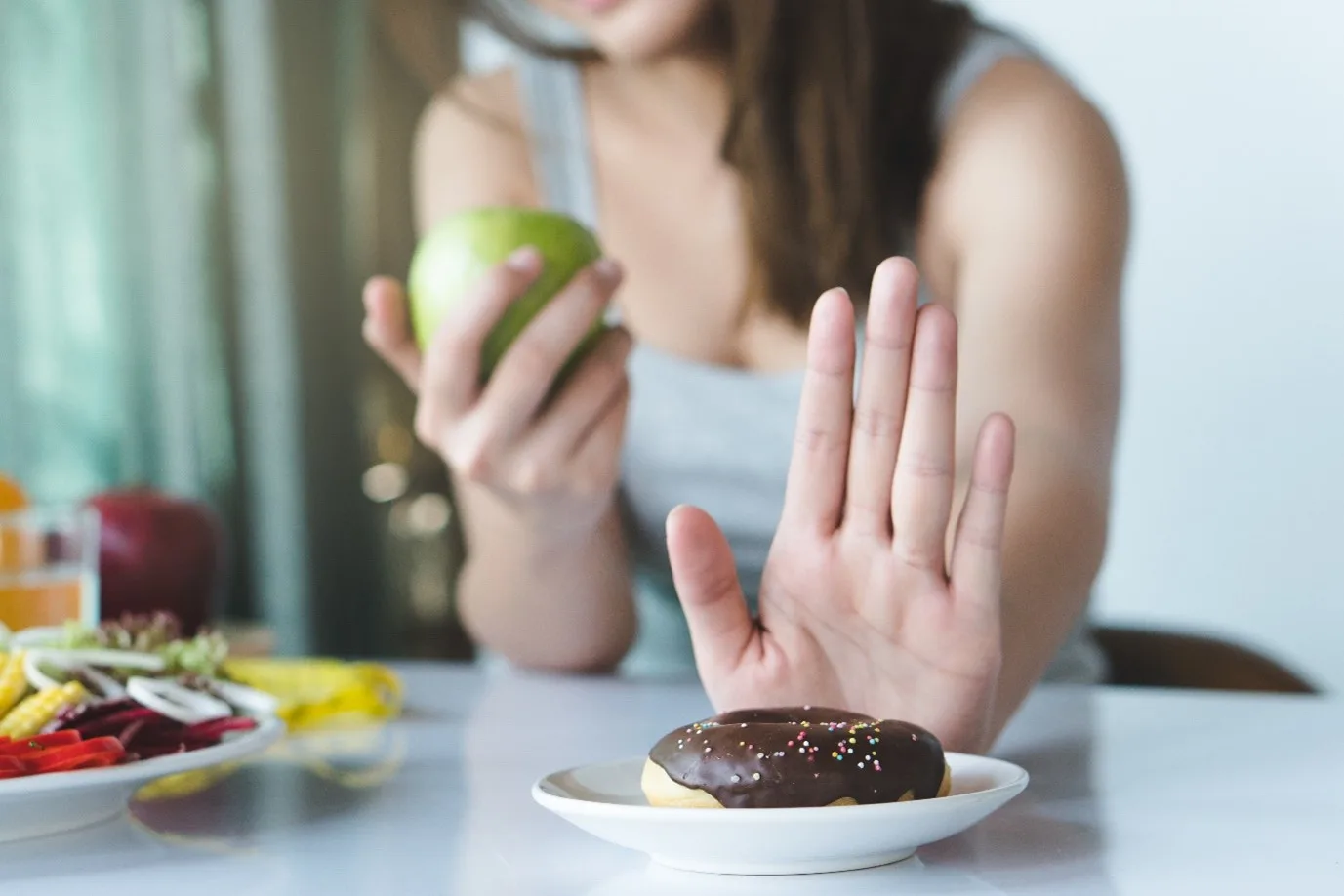DIET FOR DRY SCALP

Is there such a thing as a dry scalp diet? Find out more.
Winter is here. And so is the chance of developing a dry, flaky scalp. You want to be out and about enjoying the cold weather, not sitting at home and worrying whether your dry scalp could lead to even bigger problems.
Food for Dry scalp and Dry hair
What is dry scalp?
It’s your scalp drying out because it is unable to retain moisture and natural oils. Your scalp is supposed to secrete adequate amounts of sebum or oil, which is intended to create a protective mantle on the skin and hair shaft. In certain situations, your scalp might not secrete enough sebum or is unable to maintain the oil levels.
The cold weather can hasten this process, as the lack of humidity and cold air can reduce the amount of oil secreted by the glands. You might also find a dry flaky scalp because of the following:
- Overwashing of hair
- Allergic reactions
- Hormonal fluctuations
- Harsh chemicals in hair colour
- Heat styling products
- Alcohol-based products
- Sudden change in temperature of the skin
A dry scalp is usually a temporary phenomenon and can sometimes rectify on its own. But there is always potential for this to snowball into other ailments, as your scalp becomes vulnerable to germs, microbes and irritants.
These issues can be usually resolved with good hair care and homemade hair masks. But can you build a healthy dry scalp diet?
Food for Dry scalp and Dry hair
Eating well is always good, as it can help build your overall immunity and improve your health. But if you’re looking for dry scalp remedies, you might want to make some specific changes to your diet.
-
Vitamin B-
This is an entire class of vitamins, which are becoming exceedingly important for your diet. Vitamin B3 or Niacin is known to help with blood circulation and lowering cholesterol levels. This increase in blood circulation, and potential capillary widening due to niacin supplements, can boost the thickness of your hair strand and increase hydration levels on your skin. This is why people use vitamin B food for dry hair, such as fish, poultry, brown rice, legumes, or fortified cereals. It can hold off dryness and possibly prevent ageing of the skin, increasing the overall health. -
Reduce sugar-
This is undoubtedly going to be bad news if you have a sweet tooth. You need to reduce your sugar intake, especially refined sugar, if you want to solve your scalp miseries. Sugar has a high glycemic index which can spike and disrupt your insulin levels. This has a marked effect on your sebum production because it can also impact your hormone levels. Try coconut sugar if you really want to have something sweet, but consume in moderation. -
Fatty acids-
Something that we don’t get enough of. If you’re looking for a food for dry hair and scalp, you need to look for ingredients that have omega 3 and omega 6 fatty acids. This can help regulate the sebum production on your skin and increase moisture levels. It is also helpful for inflammation. You can get supplements for these or eat fish, soybeans, eggs, spinach, nuts or seeds. -
Zinc-
It’s vital to have enough zinc intake when trying to control the amount of hydration on your head. Zinc plays a role in regulating sebum secretion on the scalp, thereby helping with the dryness. However, it’s important to remember that excessive amounts can end up drying your scalp even further. Also add Biotin, another vitamin B, which helps with the absorption of zinc. Use ingredients like beans, whole grains, dairy products, nuts, and pumpkin. -
Vitamin A-
There are two classes of this vitamin, retinoids and carotenoids, with both being beneficial for the skin. Vitamin A has shown to impact your pore behaviour and regulate skin health, often used to manage acne and as a potent antioxidant to prevent premature ageing. Thus using vitamin A food for dry scalp has potential benefits, which is found in broccoli, apple, carrot, melon, parsley, peppers, eggs, and whole milk. -
Iron-
This mineral is required to perform the essential act of transporting oxygen and nutrients throughout your body, especially to the skin cells. It is key in increasing scalp health and plays a role in maintaining function of the skin. However, you should be careful because excess iron can also cause skin infections and other issues. It’s found in red meat, seafood, beans, spinach, apricots, tofu and peas. -
Reduce alcohol and caffeine -
Although it isn’t considered a food for dry hair, it can severely dehydrate your body and reduce the absorption of zinc in the system. Alcohol and caffeine can also spike your insulin levels and cause a disruption in your oil secretion. Hydrate adequately to counter this.
Changing your diet is always helpful when treating a dry scalp in the long run. But it isn’t going to give you any immediate relief. Try coconut oil, aloe vera or avocados as dry scalp treatments. And if you are unsure about these ingredients, use products like the Head and Shoulders 2 in 1 Smooth and Silky. This gives you the combined effect of a shampoo and conditioner, which can restore dry, damaged hair while deep cleansing pores and providing scalp hygiene.



